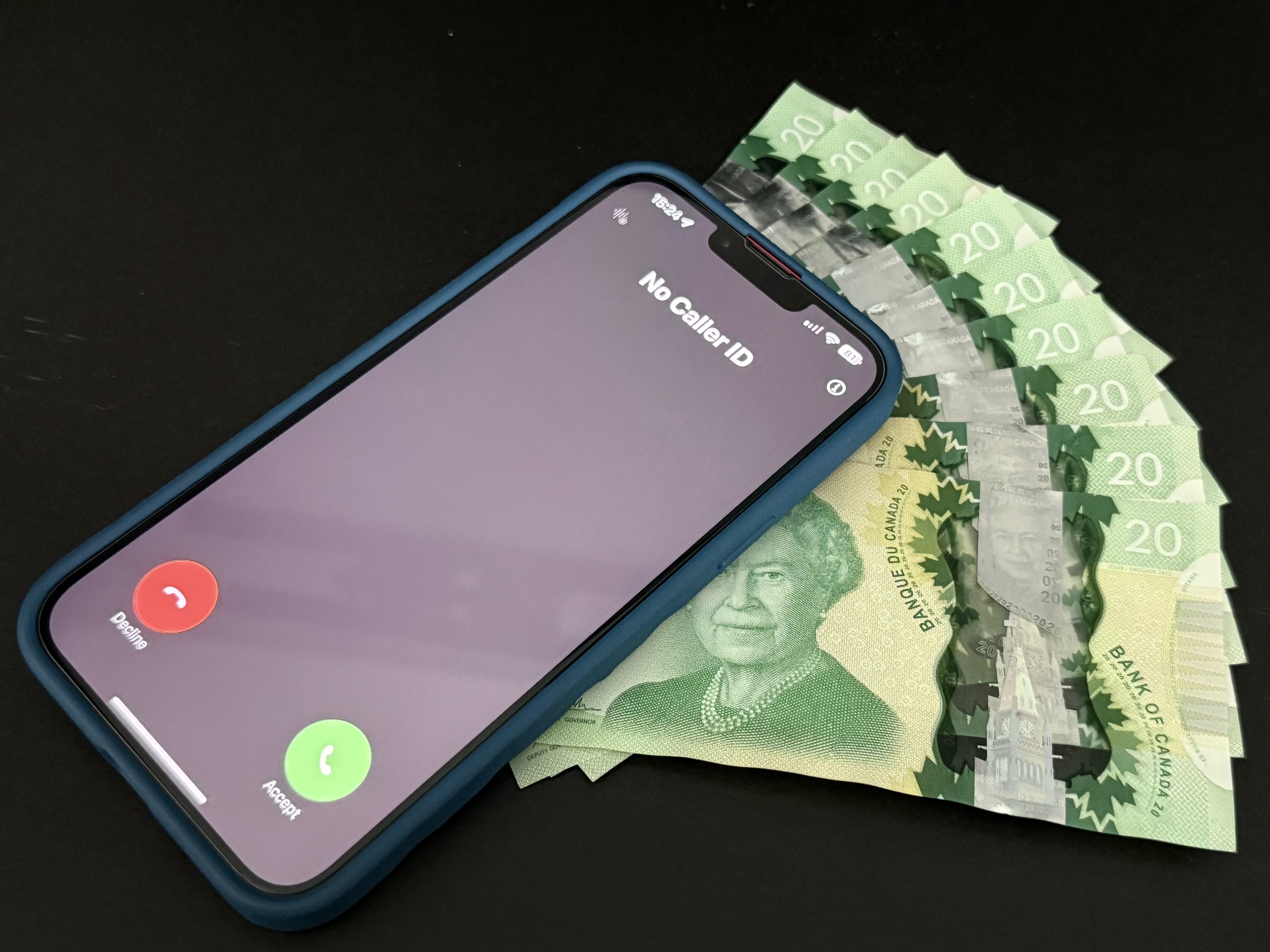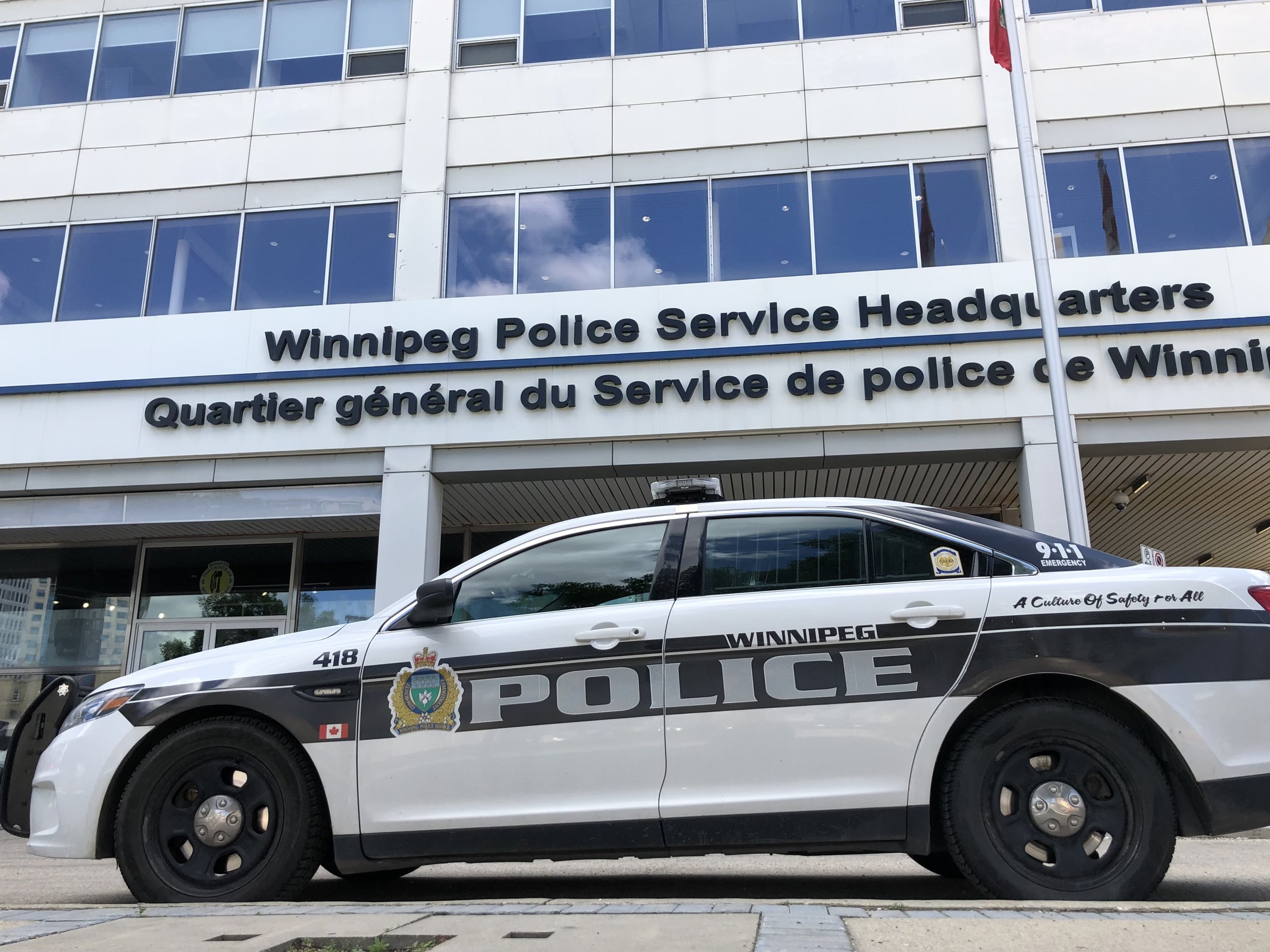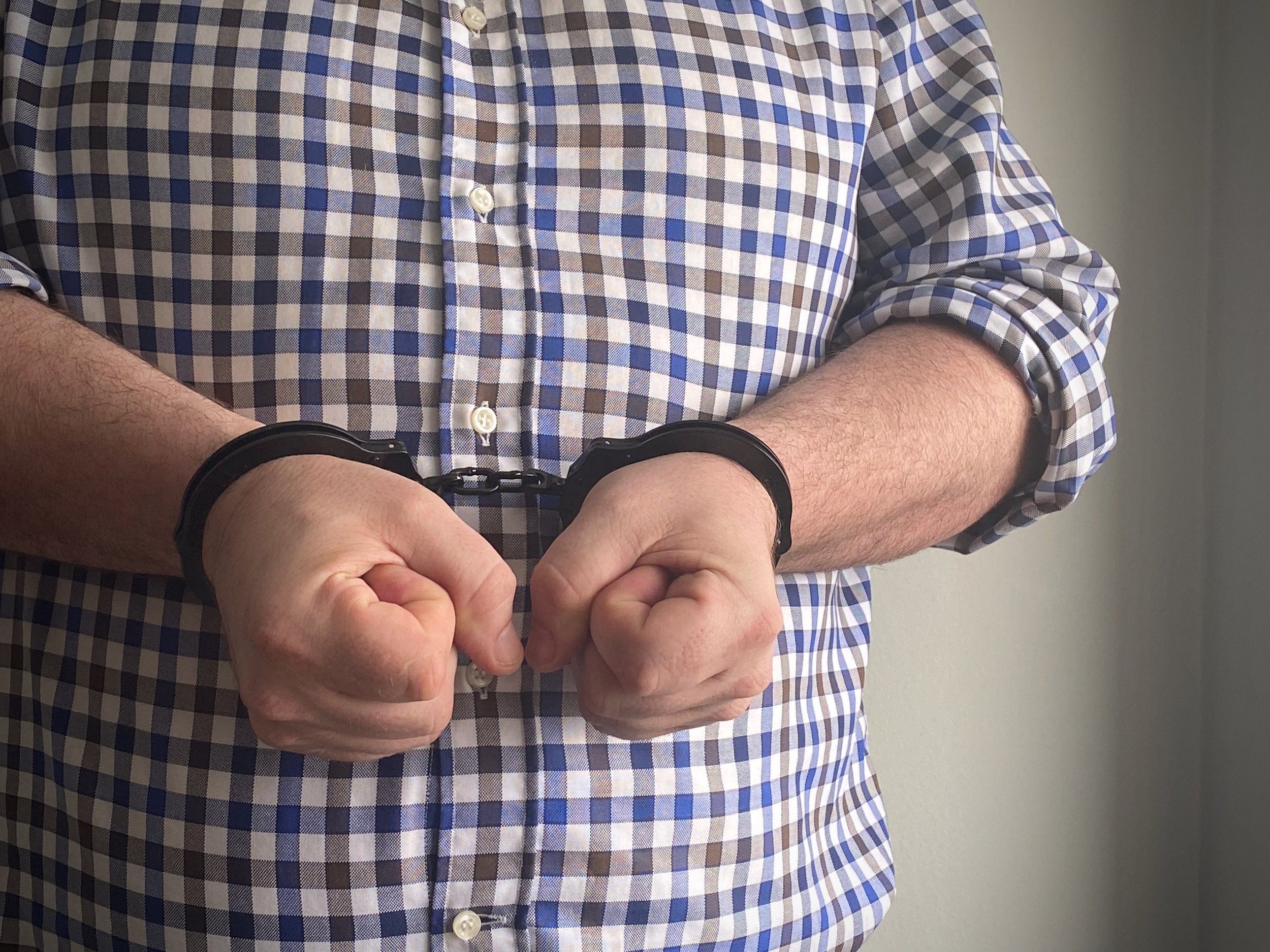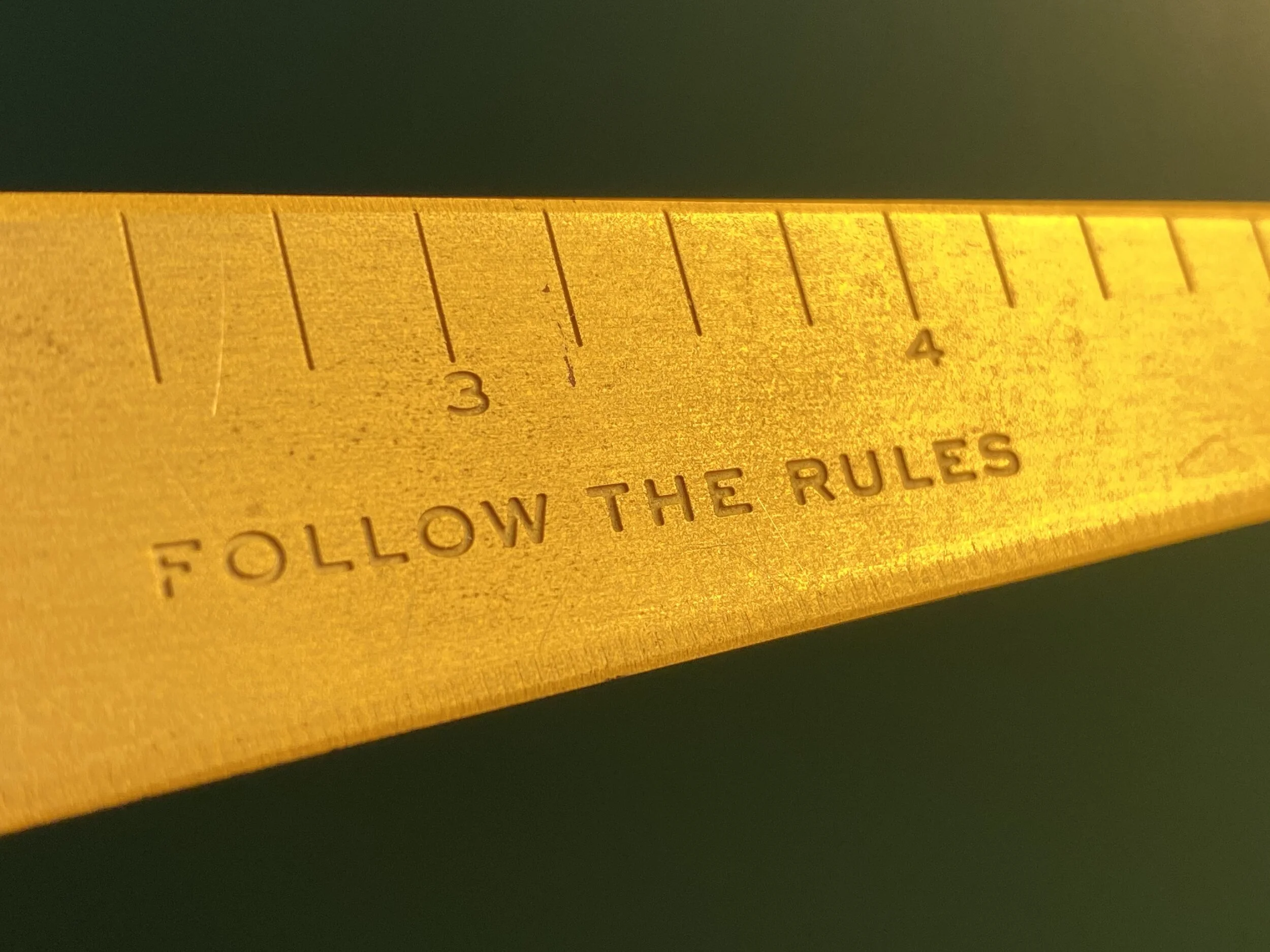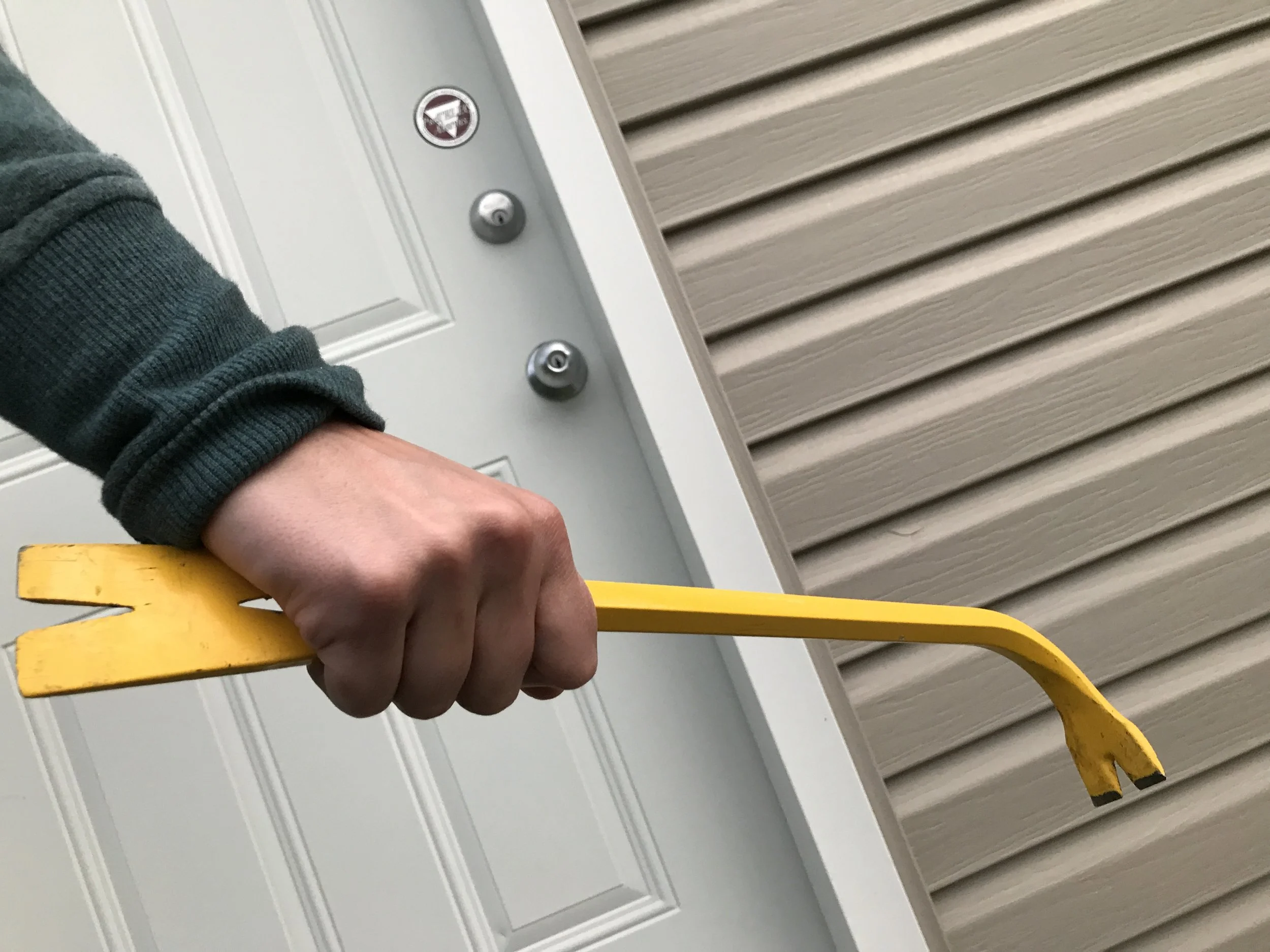What is the bail money scam?
How do you prevent the cash bail scam?
Today, June 3, 2025, someone contacted my office because a fraudster used my name, Michael Dyck, and tried to arrange for them to make a cash bail payment to help a relative who was in “legal trouble”. Needless to say, they paused for a moment, called the relative (who answered their call and confirmed they were fine), and then contacted my office to notify me. I wanted to provide some information so that no one falls victim to this scam, particularly if the scammer is trying to impersonate me.
This is not a new scam. CBC had an article in over a year ago, “How a slick-talking 'lawyer' almost scammed an Ontario senior out of $6K”. However, artificial intelligence may be helping fraudsters, so you need to be extra vigilant. CBC wrote an article this year, “'Definitely my son's voice': Manitoba woman targeted by AI phone scam”.
How does the scam work?
You may get a call from someone claiming to be your grandchild, niece/nephew, or another family member telling you that there has been a car accident or that they are in jail. It can also be that you get a call from someone saying they work for the justice system, the courts, or are a lawyer. They urgently need money so that the family member can be released from jail. They might ask you not to discuss it with anyone, including a bank teller. They will send an “official” to your home to pick up the money or you might be asked to courier it out of province. The pressure to act fast, along with confusing instructions, can make it hard to focus and rationalize what is happening.
This scam preys on a person’s love and concern for their family member and has become one of the top ten scams in North America. People lose between $8,000 and $15,000 each time they are targeted, with some victims defrauded multiple times. Many people feel foolish or embarrassed when this happens and may not tell anyone or make a police report. Unfortunately, scammers are very good at what they do, and if someone has taken advantage of your trusting nature and concern for your family member. You are not to blame.
What to do if you receive a call like this?
Hang up on the fraudster. Next, try to call your grandchild or the family member who is “in trouble” to ensure they are safe. If you can talk to them on the phone, they can quickly confirm that they are not in jail.
If you did NOT lose any money, please contact the Canadian Anti-Fraud Centre toll-free at 1-888-495-8501. You can also make a report online by clicking here. If you lost any money, please contact your local police detachment, like the Winnipeg Police Service.
Actual ways to verify if a person is in custody
You can call the Manitoba Provincial Court office in Winnipeg at 204-945-3454. Because criminal charges are part of the public record, if you can provide a name and a date of birth, then the court staff and confirm if there are any pending charges or upcoming court appearances for that person.
Cash deposits and cash payments
There are details on the Manitoba Provincial Court website about how and where to make an actual cash deposit. It is always done at a courthouse and you are issued a receipt. No court official will ever meet you somewhere to collect a payment.
Lawyers are not middle men
There is no need to give cash to a lawyer for a cash deposit. The cash deposit can, and should, be paid directly to the court office. In rare cases, if a client has retained a lawyer and made a payment into the trust account at the lawyer’s firm, the client can instruct the lawyer to issue a cheque for the cash deposit. Any payment to a lawyer should occur at the lawyer’s office and in Manitoba, a receipt must be issued to the payor for any cash payments to a lawyer.
Related articles
About the author
Michael Dyck is a partner at Rees Dyck Rogala Law Offices. He represents clients primarily from Winnipeg, Steinbach, and rural Manitoba. He has extensive experience helping people charged with criminal offences and focuses on building legal strategy with clients.
